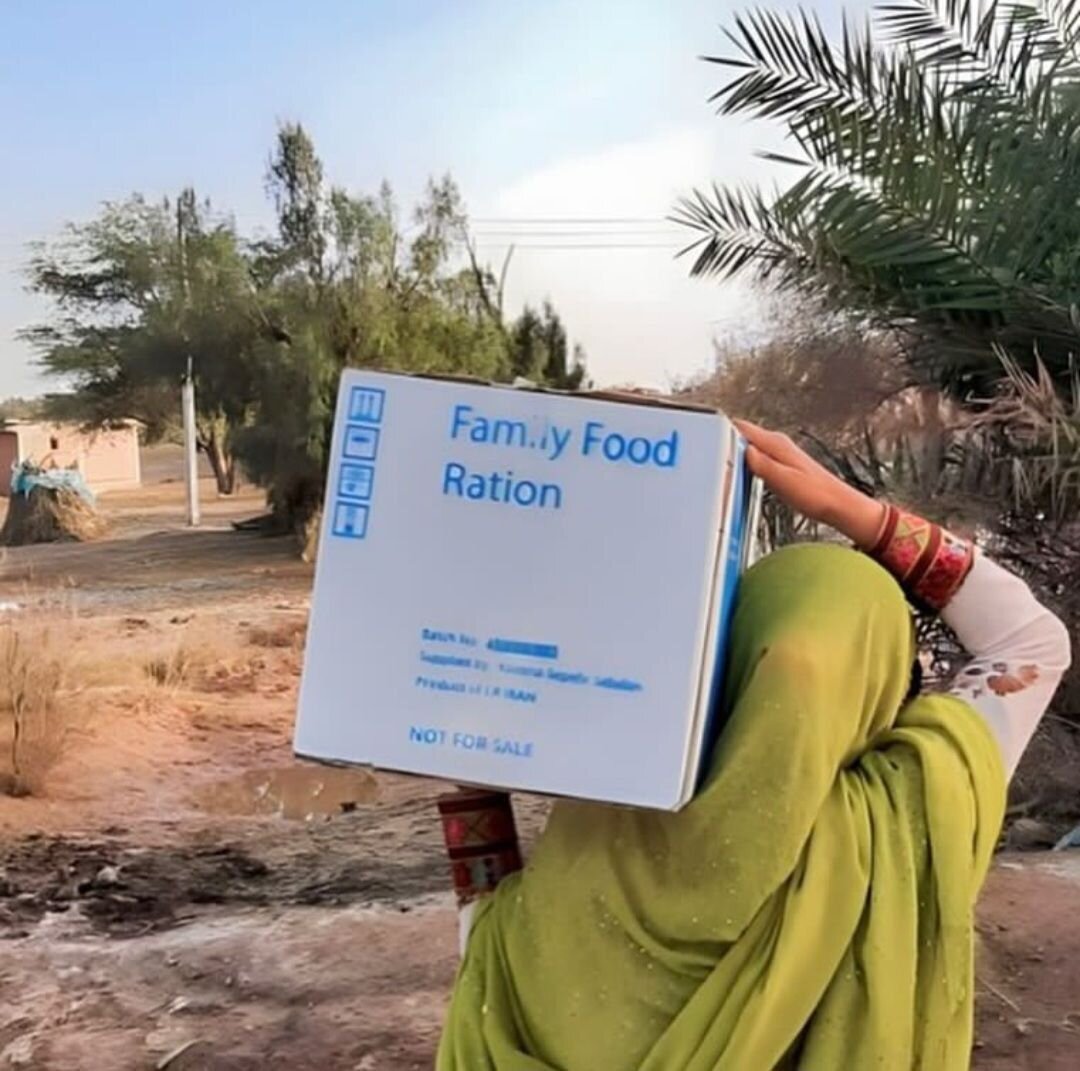EU funds WFP to help support refugees in Iran

TEHRAN – The European Union (EU) has provided €1.5 million in humanitarian aid to assist the World Food Program (WFP) in supporting refugees in Iran.
The generous contribution will be allocated to providing assistance to 33,000 refugees residing in 20 settlements across the country through cash-based transfers, WFP website announced in a press release on June 10.
WFP has been committed to providing essential assistance to vulnerable communities worldwide.
This partnership with the EU marks a crucial step in enhancing the living conditions of refugees in Iran. The funds will enable WFP to provide refugees with cash assistance, ensuring they have access to the necessary resources to meet their basic needs.
"We are incredibly grateful to the European Union for their continued support and generosity," said WFP Representative in Iran a.i Maysaa Alghribawy.
"This contribution will have a profound impact on the lives of thousands of refugees, providing them with the dignity and autonomy to make choices that best suit their needs,” the official added.
The cash-based transfer program is designed to empower refugees by giving them the flexibility to buy food and other essential items according to their individual preferences. This approach supports both refugee communities and local markets, especially local producers and small enterprises.
The contribution from the EU is a testament to the importance of international cooperation in addressing humanitarian crises.
By joining forces, we can make a tangible difference in the lives of those affected by displacement and ensure that no one is left behind.
WFP and EU remain steadfast in their commitment to providing life-saving assistance and support to the most vulnerable refugees. This contribution underscores the shared dedication to humanitarian principles and the pursuit of a world with Zero Hunger.
On April 3, WFP released its 2023 report on Iran based on the interim Country Strategic Plan (2023-2025).
The Islamic Republic of Iran has been hosting millions of Afghan refugees over the past four decades.
According to the report, there are roughly 4.5 million Afghans currently living in Iran.
Around 33,000 of the most vulnerable documented refugees live in 20 settlements in 13 provinces of Iran.
WFP’s response in Iran focuses on addressing the food security needs of the most vulnerable refugees living in settlements.
WFP provides food, education, and livelihood assistance through a hybrid modality of in-kind food, unconditional cash, and capacity strengthening to refugees.
In 2023, WFP Iran was able to secure more than 75 percent of its funding and address the daily food requirements of around 33,000 vulnerable refugees.
In addition to the unconditional assistance provided to around 33,000 refugees inside settlements, WFP also provided conditional support for students attending primary schools and junior high schools.
Through WFP's school meals program, around 8,620 refugee school children (49 percent girls) at primary schools and junior high schools and their 610 Iranian teachers (30 percent women) received nutritious school snacks throughout the scholastic year.
The snacks included fortified milk and either a date bar or whole grain biscuit for every day of school attendance to support their education and nutrition.
Under the same program, around 2,900 girls at primary schools and junior high schools also received cash incentives to support their education in line with girl’s empowerment.
Following the successful establishment of bakeries in some settlements in the past years, WFP supported equipping a bakery in 2023 in one settlement to improve the efficiency of the baking process and the quality of the bread for around 1,400 inhabitants of the settlement.
WFP’s commitment to supporting the government of Iran’s assistance response for crisis-affected populations was further reinforced by WFP ‘s provision of locally procured emergency family food packs to around 9,780 Iranian people affected by an earthquake in Khoy City in May, through its cooperating partner, the Iranian Red Crescent Society (IRCS).
WFP continued to play an active role in the interagency fora such as the United Nations Country Team, the Regional Refugee Response Plan (RRP), and Interagency Cash, Livelihood, Education, and Protection Working Groups.
WFP also continued its cooperation with its non-governmental partners, including UNHCR, IRCS, and International non-governmental organizations (INGOs) such as Relief International and Norwegian Refugee Council, Cooperazione e Sviluppo (Cesvi) across different forums and scopes such as conducting joint Post Distribution Monitoring with UNHCR and attending various interagency working groups.
MT/MG
Leave a Comment